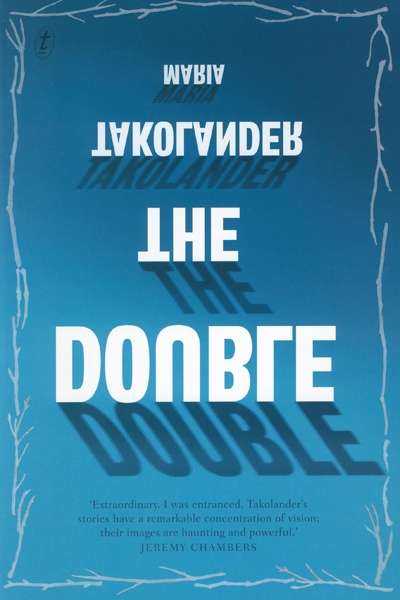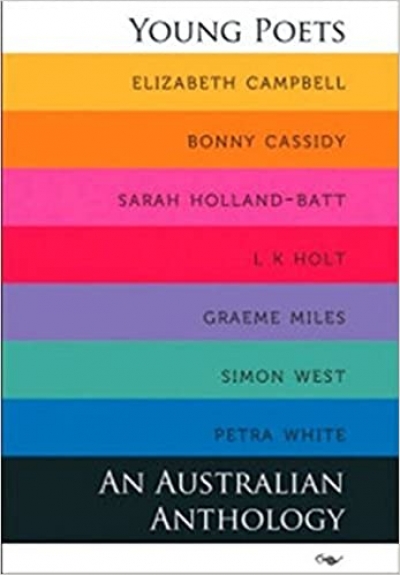Accessibility Tools
- Content scaling 100%
- Font size 100%
- Line height 100%
- Letter spacing 100%
Maria Takolander
The ABR Podcast
Released every Thursday, the ABR podcast features our finest reviews, poetry, fiction, interviews, and commentary.
Subscribe via iTunes, Stitcher, Google, or Spotify, or search for ‘The ABR Podcast’ on your favourite podcast app.
‘Where is Nancy?’ Paradoxes in the pursuit of freedom
by Marilyn Lake
This week on The ABR Podcast, Marilyn Lake reviews The Art of Power: My story as America’s first woman Speaker of the House by Nancy Pelosi. The Art of Power, explains Lake, tells how Pelosi, ‘a mother of five and a housewife from California’, became the first woman Speaker of the United States House of Representatives. Marilyn Lake is a Professorial Fellow at the University of Melbourne. Listen to Marilyn Lake’s ‘Where is Nancy?’ Paradoxes in the pursuit of freedom’, published in the November issue of ABR.
Recent episodes:
In the spirit of our annual ‘Books of the Year’ feature, in which we ask a range of writers and critics to nominate their favourite new fiction and non-fiction titles, we asked ten Australian short story writers to nominate their favourite short story collections and individual stories. As this is the first time we have run a short-story themed feature of this nature, our ten writers were free to nominate older titles if they wished to do so. Our only request was that at least one of their selections should have been published recently and that at least one be by an Australian author.
... (read more)What makes a story compelling? When I was an undergraduate student at Deakin University, I was fortunate enough to be instructed in fiction writing by Gerald Murnane. His key criterion for the worth of a story was its capacity to mark his memory with an enduring image. Over time he used to cull books from his shelves that failed to impress him in this way.
... (read more)legendary discovery by Sigismund Freud
(also known as Golden Sigi)
and
no other
Young Poets: An Australian anthology edited by John Leonard
Let us take a look at this place. Marshlands. All the way to the horizon. The land drained, but nevertheless sinking. Sinking into nothing, nothing but itself. Frogs volleying noise in the grass unseen. The hazy movement of mosquitoes low to the ground. On a blade of swamp grass a sleek cricket. Blacker than night and – look closely – its antennae twitching. Just think: there must be more of those creatures, in their thousands, perhaps millions, hiding in the swamp grass as far as your eye can see.
... (read more)Seasons of doubt & burning: New and selected poems by Robyn Rowland
I worked for a while with the second cousin of an acquaintance of the notorious Minean nationalist poet, H ...






